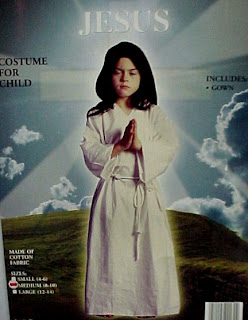The photos
of Benedict XVI, Bishop Emeritus of Rome, are removed and the photos of Pope
Francesco are now decorating the Church offices, Bishop’s houses, Presbyteries,
colleges and schools. The same endeavor of ‘removal and replacement’ is seen in
the bookshops around the Globe. Every
bookshop in catholic countries will have by now at least 10 different books on
Pope Francesco. Ii is a good sign because the Church, apart from the Diocese
of Rome, will be in touch with the thought of the Bishop of Rome - Pope
Francesco. I only wish that people around the world not simply buy the books
but they read them and follow them in their Christian life. Will they be able to
buy all the books that will be published in the name of Pope Francesco, because the
books will be published one after another claiming to offer a unique view on
the pope or his thought?
I have more
questions. Why did not Cardinal Bergolio attract the publishers’ world as Pope
Franceso? Did not cardinal Bergolio say these things already in Argentina? Why
were the publishers uninterested in the words of Cardinal Bergolio and are very
interested in the thought of Pope Franceso? Does this mean that Pope Fransceso
has radically altered his views from that of Cardinal Bergolio? [If he had not changed his position and thought, does it mean that whatever the Pope says become a radical thought?] However, when these words come from the bishop of Rome they are definitely radical. However, even if somebody else had been elected the Pope, by this time there would have been at least seven books if not ten.
Well - The thought of Pope becomes crucial
and radical for the publishers because the books on pope will make money and Pope Francesco is only a name of reference for citation! I do not claim that the
different popes’ views are the same, I am only pointing out what the publishers
do. Utilizing the opportunity they create ideas, different perspectives, and
interpretations of the same speech of the same person.
To be continued...





